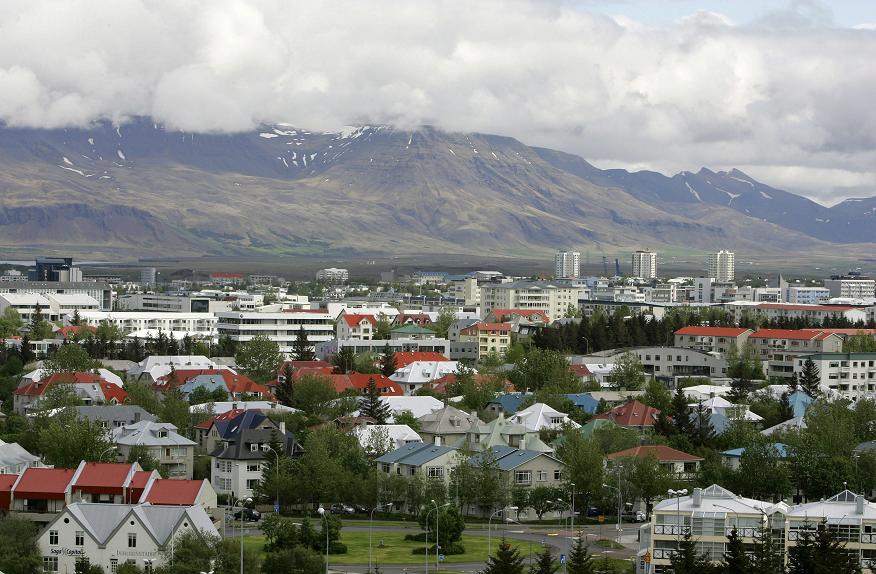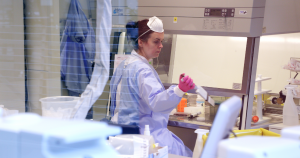Iceland revises COVID-19 border screening rules for citizens, residents

Iceland has rejigged its COVID-19 testing requirements for citizens and residents returning to the country.
Iceland began offering COVID-19 tests at the airport on June 15 as an alternative to a 14-day self-quarantine period.
Those who opt for the tests were free to move around Iceland while waiting for their results, but are expected to follow public health directives like maintaining physical distancing and frequent hand washing.
However, the country’s chief epidemiologist Thorolfur Gudnason has since recommended that Icelandic citizens and residents who choose the testing option should observe a five-day quarantine afterwards, and then be tested a second time, in order to avoid false negatives from recently infected individuals.
Social networks can inflame cluster infections

The epidemiologist said the new measures should apply only to residents and citizens as they have extensive social networks in Iceland that could easily become a conduit to cluster infections in the case of false negatives. Tourists and travellers with limited social networks in Iceland do not pose the same risk, the country’s top doctor said.
In a news release on Friday, the Ministry of Health said it had accepted the recommendations and they would be put into effect by July 13.
Greenland’s five-day quarantine window applies to everyone
Neighbouring Greenland has had a five-day quarantine requirement after arrival since passenger flights resumed June 15.
Travellers arriving in Greenland are required to prove they’ve tested negative for COVID-19 within the last five days. They must then self-quarantine and get retested on day five of their arrival in Greenland.
If they test negative, their quarantine can end.
On Thursday, the Greenlandic government released data that 3,850 passengers were tested since the reopening, and there have been zero positive COVID-19 cases.
Write to Eilís Quinn at eilis.quinn(at)cbc.ca
Related stories from around the North:
Canada: Inuit gov. in Labrador, Canada tells out-of-province travellers to stay away despite ‘Atlantic bubble’, Eye on the Arctic
Finland: Finland joins other Nordic countries in virtual tourism due to pandemic, Yle News
Greenland: Greenland extends COVID-19 entry requirements until July 20, Eye on the Arctic
Iceland: Iceland lowers price of on-arrival COVID-19 testing, Eye on the Arctic
Norway: Norwegian Arctic wilderness tourism hit particularly hard by coronavirus, The Independent Barents Observer
Russia: All Russia’s North Pole cruises rescheduled to 2021, Eye on the Arctic
Sweden: Sweden seen as major source of COVID-19 in Western Finland region, Yle News
United States: Airline shutdown creates new challenges for rural Alaska, The Associated Press



